38 Private Label Brands Are Also Referred To As
In the November 1, 2009 edition of the Los Angeles Times, I came across a small article suggesting that consumers are starting to switch from private labels back to big-brand names again -- you know, the brands supplied by companies such as Procter & Gamble, Colgate-Palmolive and Kellogg.In the article, store brands (also known as private labels) were positioned as inferior to big-brands. B. They group products by brand instead of product category like in department stores. C. They offer very shallow and narrow assortments. D. They completely avoid including their own private-label brands in the store. E. They discourage sampling.
The third major trend highlighted by the report was the "pull power" of private-label products, sometimes referred to as 'own-brand' or 'home-brand' products.

Private label brands are also referred to as
Purpose - This study endeavours to examine the influence of perceived product quality, relative price and risk, respectively, on perceived product value and, ultimately, consumers' willingness to buy private label household cleaning products. Design/methodology/approach - Respondents (157) were recruited through an in‐store survey and the data analysed using partial least squares path. The FINANCIAL -- When money is tight, private-label brands, also known as store brands, have a potential advantage over national brands as shoppers seek value and become more receptive to lower. Products are usually manufactured and provided by a company, and when the label of different companies is pasted on them, then they are called private-label products. Such products can also be referred to as Original Equipment Manufacturer (OEM). These products can generate huge profits for your store, and you can gain additional trust and loyalty of customers by launching an additional line.
Private label brands are also referred to as. Updated August 09, 2019. Products which are generally manufactured or provided by one company, then labeled with another company's brand, are known as private-label products. Sometimes referred to as OEM (Original Equipment Manufacturer) products, these items can generate a profitable revenue stream for your store and, if done right, can give. manufacturer brands (Knowles, 2009, Kumar and Steenkamp, 2007). With few exceptions, Marks and Spencer in the UK being one, these retailer brands were generally viewed as a budget alternative, particularly within the grocery business. Store brands, also referred to as private label brands, are not a new phenomenon and much has been Store, house, andor own brands. Private-label products, often referred to as store brands, are made by manufacturers for stores but carry the stores rather than the producers label. Private labeling, also referred to as private branding, is the process of labeling goods under a company name that does not actually produce the product. Private label brands, also called store or house brands, used to be referred to as generic, and had an also-ran reputation — but no more. As taste and quality have improved, private label sales have grown to claim a 17% market share in the U.S. As the Acosta study shows, buying private labels has become not just sensible but trendy, too.
A private brand is a good that is manufactured for and sold under the name of a specific retailer, competing with brand-name products. Also referred to as "private label" or "store brand," prices. True, supermarkets also benefit from private-label merchandise by increased store loyalty and lower promotional costs Private-label brands benefit retailers but not customers False, the benefits to customers include having more choices and finding the same ingredients and quality as in national brands at a lower price or higher quality at a. Purpose - This study endeavours to examine the influence of perceived product quality, relative price and risk, respectively, on perceived product value and, ultimately, consumers' willingness to buy private label household cleaning products. Design/methodology/approach - Respondents (157) were recruited through an in‐store survey and the data analysed using partial least squares path. Products are usually manufactured and provided by a company, and when the label of different companies is pasted on them, then they are called private-label products. Such products can also be referred to as Original Equipment Manufacturer (OEM). These products can generate huge profits for your store, and you can gain additional trust and loyalty of customers by launching an additional line.
Private label brands are also referred to as A. manufacturer brands. B. generic brands. C. co-brands. D. licensed brands. E. store brands. e. As a retailer, Target has developed its own line of products with the brand name up & up. These products are sold exclusively in Target stores and are an example of 16. Many retailers offer private label RTE cereal, among other private label products, in their stores. Private label products provide a lower-cost alternative to the national brands—due to lower advertising and marketing costs—while offering customers similar quality. Each retailer's private label brand is available only at that retailer. Northern Tool + Equipment (commonly referred to as Northern Tool) is a manufacturer and retailer of light industrial equipment and do-it-yourself supplies.Founded in 1981 as Northern Hydraulics, the company was officially renamed to Northern Tool + Equipment and is the owner of several private label brands including NorthStar, Powerhorse, Klutch, Strongway, Ultra-Tow, Roughneck, Gravel Gear. A brand is the name seafood products may be sold under (e.g., canned tuna brands such as Chicken of the Sea, Bumblebee, and Starkist). Retailers may also have their own brands, often referred to as private label products.
Private label brands, also called store or house brands, used to be referred to as generic, and had an also-ran reputation — but no more. As taste and quality have improved, private label sales have grown to claim a 17% marketshare in the U.S. As the Acosta study shows, buying private labels has become not just sensible but trendy, too.
Private label brands, also commonly referred to as "own brands" or "store brands", consist of merchandise produced and sold by a specific retailer or chain of retail stores. In Finland Pirkka is produced and sold by Kesko and Rainbow by S-group. In Finland these two "store brands" are challenging the mainstream brands; Kellogg´s.
The FINANCIAL -- When money is tight, private-label brands, also known as store brands, have a potential advantage over national brands as shoppers seek value and become more receptive to lower.
Also called private-label brands, are products developed by retailers. Branding Strategies-Brand Ownership-Naming Brands and Product lines-Brand and Line extensions-Co-Branding-Brand-licensing-Brand-repositioning(rebranding) Family Brands.
Private-label power. Private-label brands -- also referred to as owned brands -- are goods a retailer has designed for itself and directly arranged for the manufacture of (as opposed to buying.
This study investigates the value of private label brands to consumers using two approaches: First, subjective evaluations of the perceived relationships between price and quality for private label (PL) brand and national brand (NB) products based on survey responses; and second, objective measures of price and quality for PLs and NBs widely available in the U.S. Price was generally perceived.
The company also has over 250 private label brands and over 1000 private label products. The company's revenue was €479 million in The company's revenue was €479 million in George Weston Limited (6,037 words) [view diff] exact match in snippet view article find links to article
Challenges And Opportunities In Private Label Manufacturing. Shalane Layugan March 17, 2020. Tweet. Businesses and individuals everywhere are in some way experiencing the effects of the coronavirus (COVID-19) outbreak. For some small companies, the virus-related shortages in cleaning supplies and sanitizers have boosted private label brands sales.
Manufacturer brands are owned and managed by the manufacturer. The manufacturer develops the merchandise, produces it to ensure consistent quality, and invests in a marketing program to establish an appealing brand image. Private-label brands are products developed by retailers.
Private label brands also referred to as store brands or retailer brand or own brand is a win-win situation in the current scenario in India, especially in the Food & Grocery segment (F&G) wherein.
This study attempts to elucidate consumers attribute preferences of products from two different brand types: manufacturer brands (also referred as national or branded) and private label brands (also referred as store, distributor's or own brands).
Private label brands, also known as house brands (or somewhat less kindly, generic products) are a common feature of grocery stores, providing shoppers with a lower-priced alternative to well-known and trusted brands. Often they are relegated to the lower shelves, with brand names occupying the coveted eye-level spots. Optical labs have sometimes referred to themselves as "grocery stores.
He also pointed out that it is important to focus on developing, not just the product, but also the brand. Whereas private label products have typically been referred to as "predictable merchandise", all the retailers in the sample are now focusing on "trend right" products in order to "raise the style profile".
A private brand is a good that is manufactured for and sold under the name of a specific retailer competing with brand name products. Also referred to as private label or store brand prices for private brands tend to be less than those of nationally recognized name brand goods.
Supermarket own brands (also known as private label, in-house brand, store brand, retailer brand or home brand) are owned by retailers, wholesalers or distributors and are sold privately in their.
Private label brands also referred to as store brands or retailer brand or own brand is a win-win situation in the current scenario in India, especially in the Food & Grocery segment (F&G) wherein.
Selling private label products is the most profitable ecommerce business model. Look around. The top ecommerce brands (that rake in 8-figures) aren’t dropshipping generic junk. They’re using private label products as the cornerstone of a brand marketing machine.
Private label. Products which are manufactured or provided by one company, then labeled with another company's brand, are known as private-label products. Sometimes referred to as OEM (Original Equipment Manufacturer) products, these items can generate a profitable revenue stream for your store and, if done right, can give your store not only.
Private label brands, also commonly referred to as "own brands" or "store brands", consist of merchandise produced and sold by a specific retailer or chain of retail stores. In Finland Pirkka is produced and sold by Kesko and Rainbow by S-group. In Finland these two "store brands" are challenging the mainstream brands; Kellogg´s.
Private-label brands, also called ____ brands, ____ brands, or ____ brands, are products developed by retailers. Some manufacturers prefer to make only private-label merchandise because the costs of developing and marketing a manufacturer's brand is prohibitive.

/cdn.vox-cdn.com/uploads/chorus_image/image/59304609/amazon_presto.0.jpg)





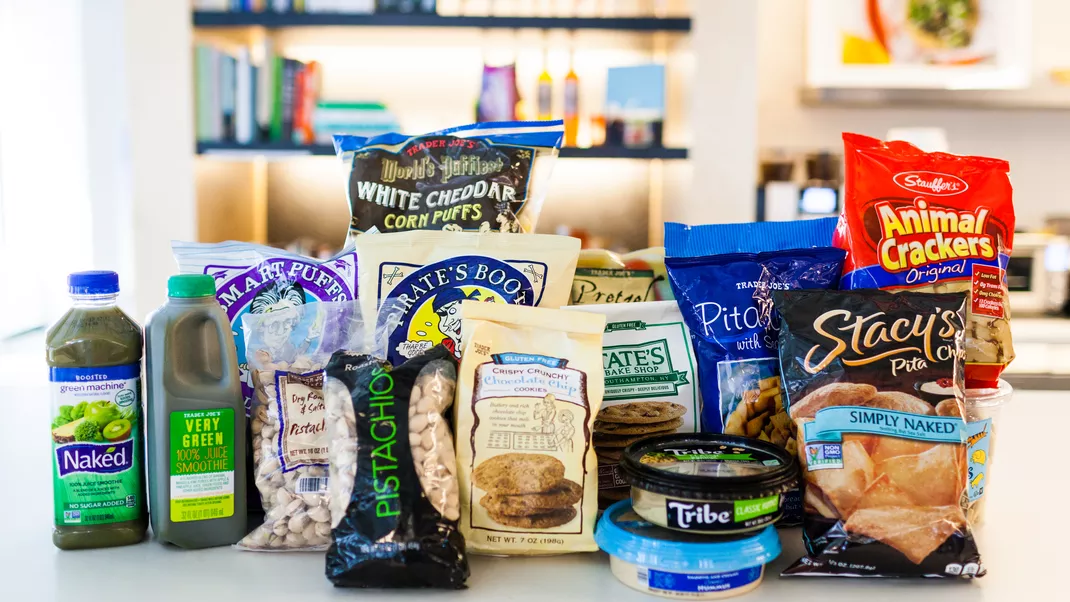


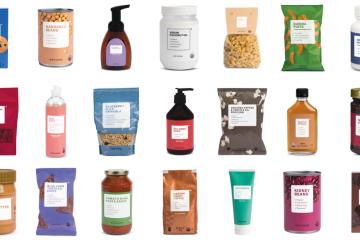
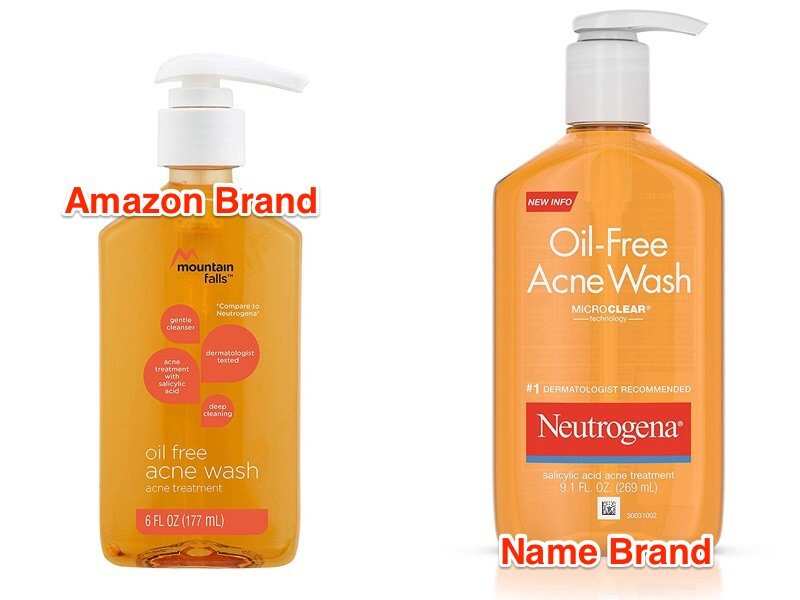

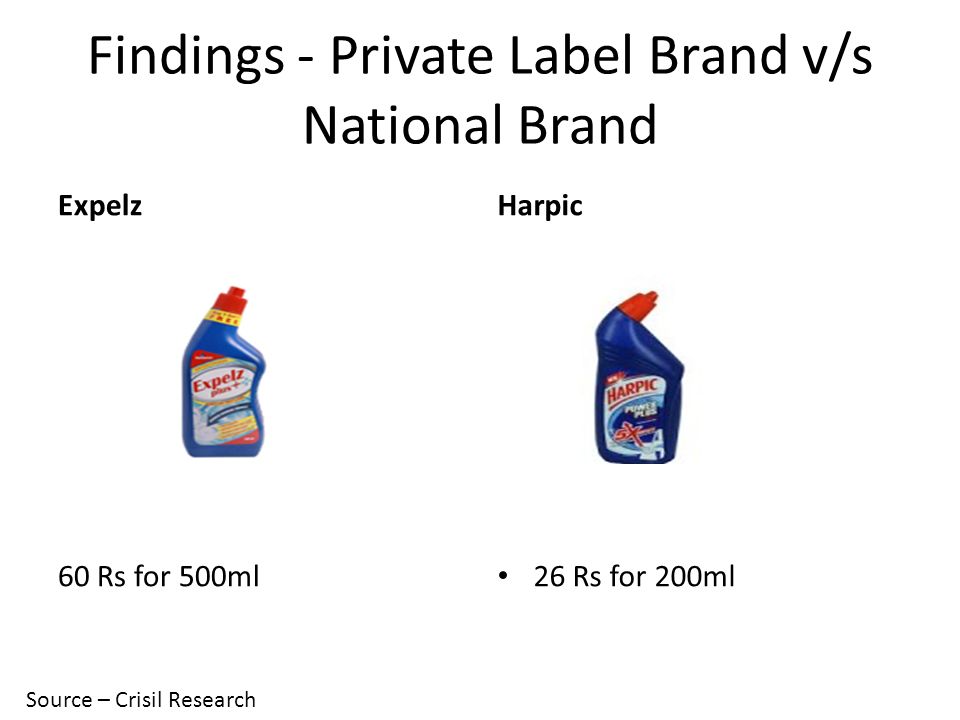

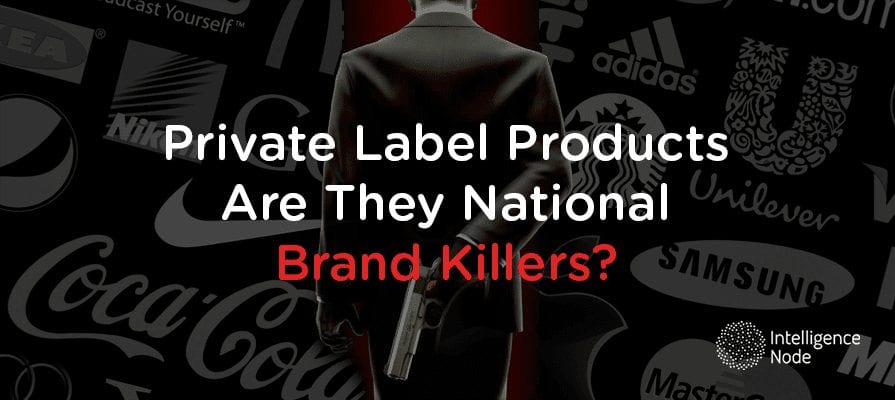


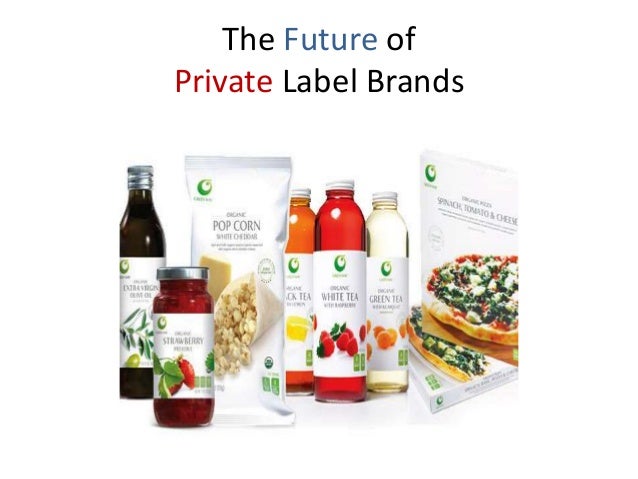
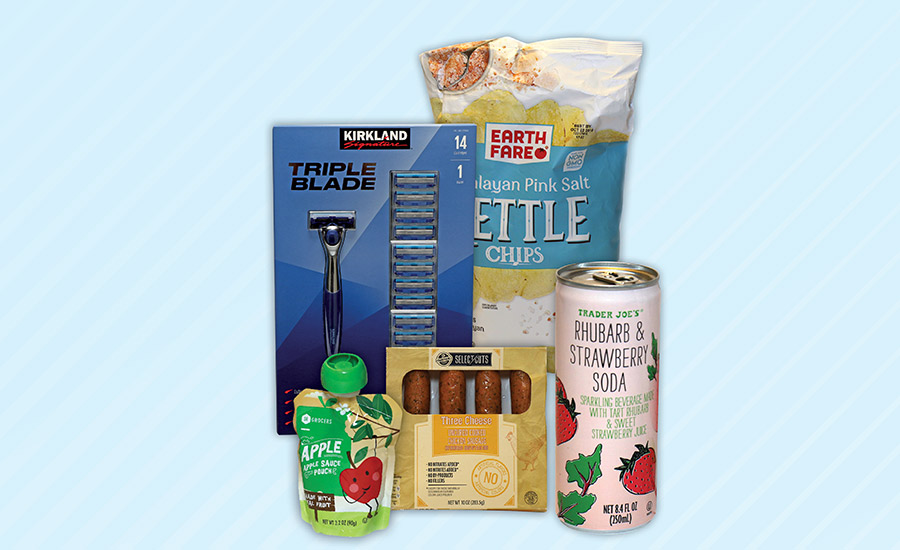

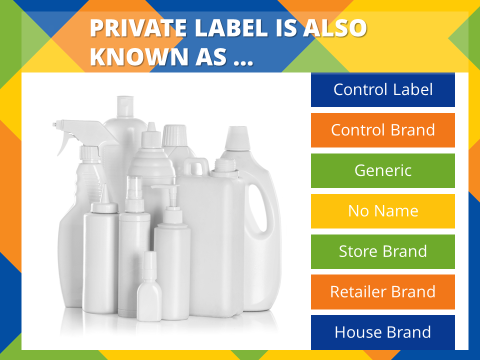
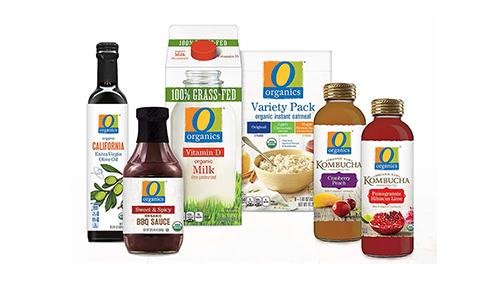










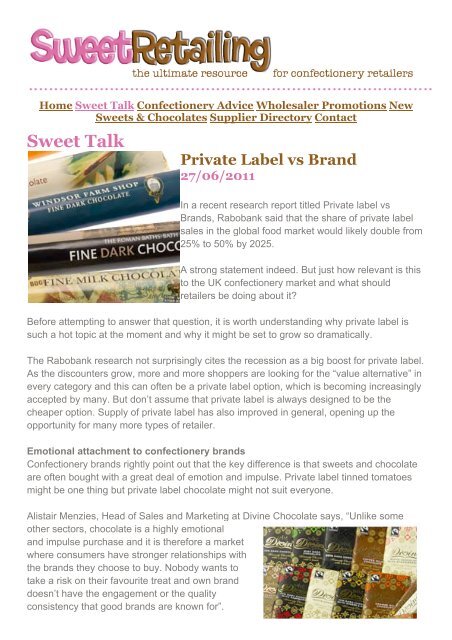
0 Response to "38 Private Label Brands Are Also Referred To As"
Post a Comment